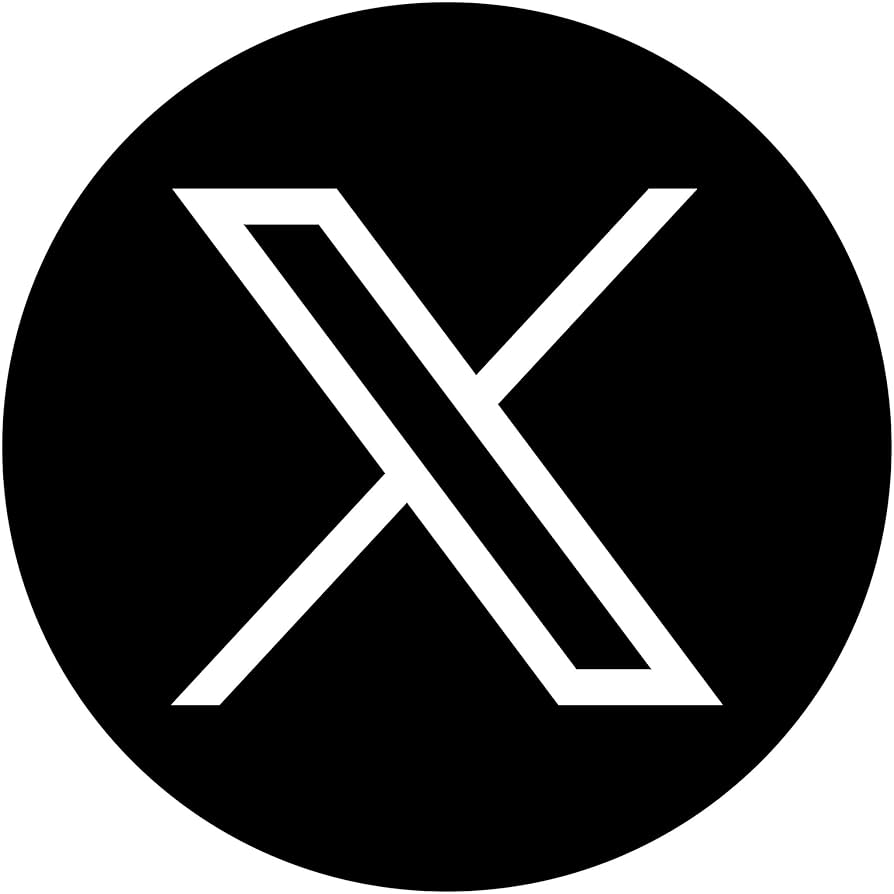I write this from the sofa, one leg resting on an upturned laundry basket, with a large bag of frozen Quorn Mince slowly melting on my knee. The knee in question is the colour of badly-mixed blueberry ice cream and is roughly twice its usual size. It throbs once every 1.35 seconds. I timed it.
I am learning to skateboard. I am 29 years old.
Some of us have had weirder lockdowns than others. I managed to miss the bread baking craze and jumped straight into making Reckless Online Purchases sometime around April. But still, I think it’s important to learn new skills, and it has been strangely joyful to see my social media feeds fill up with people dusting off their easels and paintbrushes, or strumming along to Wonderwall on long-neglected guitars. Even in the grip of a pandemic, our capacity for fun remains. Somewhere in all of us there’s the stubborn and unbreakable desire to learn.
About three or four times a week, I get emails from students asking about reflective writing. Most of Arden’s programmes require students to reflect on their own practice in assessments, and it’s easy to get spooked by this. After all, academic writing teaches us to keep our own egos as small as possible, and to keep our conclusions cautious. It can be daunting to churn out 2000 words of cold hard analysis, only to be faced with the task of writing 1000 words exclusively about oneself.
The academic Graham Gibbs wrote in 1988 that ‘it is not sufficient simply to have an experience in order to learn. Without reflecting upon this experience it may quickly be forgotten.’ Right now, I would very much like to forget about my hideously-misshapen knee (and as quickly as possible, please). But Gibbs’ observation speaks to the ultimate point of reflective writing. To put it bluntly, without an honest appraisal of what went well, and what went wrong, all I’m going to get is more sore knees.
When reflecting it’s important to be honest with yourself, but also to show yourself the same respect that you would to any other academic. You wouldn’t spend 2000 words of an academic essay trashing an expert, even if you did disagree with their conclusions, so why do it to yourself? Remember that the point of reflective writing is to take stock of actions and outcomes, and to provide a roadmap for further improvement. Think back to your school days for a moment. Remember that teacher who never ever had a good word to say about you? The one who only gave you criticism, no matter how hard you tried? I’m sure you can picture their face, and I guarantee you can remember their name. Did you enjoy their classes? Did you go into each lesson eager to learn, knowing that your hard work would be appreciated and would ultimately pay off? Or (more likely) did you dread the hours you spent in that classroom? Keep this in mind when completing your reflective writing tasks and try to critique your work in a way that is helpful to you. Nobody is made good by being told that they’re bad, even by themselves.
Ultimately, reflection is a process, not a one-off quick fix. The word ‘practice’ has two meanings in English. When spelled with an ‘s,’ it means ‘to perform an activity regularly, in order to improve in it,’ and when spelled with a ‘c,’ it means ‘a habitual way of doing something.’ Both definitions are relevant to our purposes here. Yes, our writing will get better the more we practise at it, but consistent improvements are made when we practice reflection and make it an integral part of our approach to learning. With this in mind, I thoroughly recommend that you keep a reflective journal. When you finish a piece of work, set some time aside to make some notes about your writing, your research methods, and your time management. Write down the things that went well, and things you’re proud of. Record the things that didn’t go as well, and the ways in which you handled those problems. You should find that it’s easier to spot patterns when your thoughts are recorded in this way. Is this practice or practise? In a way, I suppose, it’s both.
Above all, reflection can empower you to, as Henry David Thoreau said, ‘go confidently in the direction of your dreams.’ The key word here being ‘confidently.’ It can help you navigate the long essays and the late nights, and it can nudge you into reaching for bigger and better things. It turns out that what is true for skateboarding is also true for academia. Be brave. Lean into the curves. Move forward.
